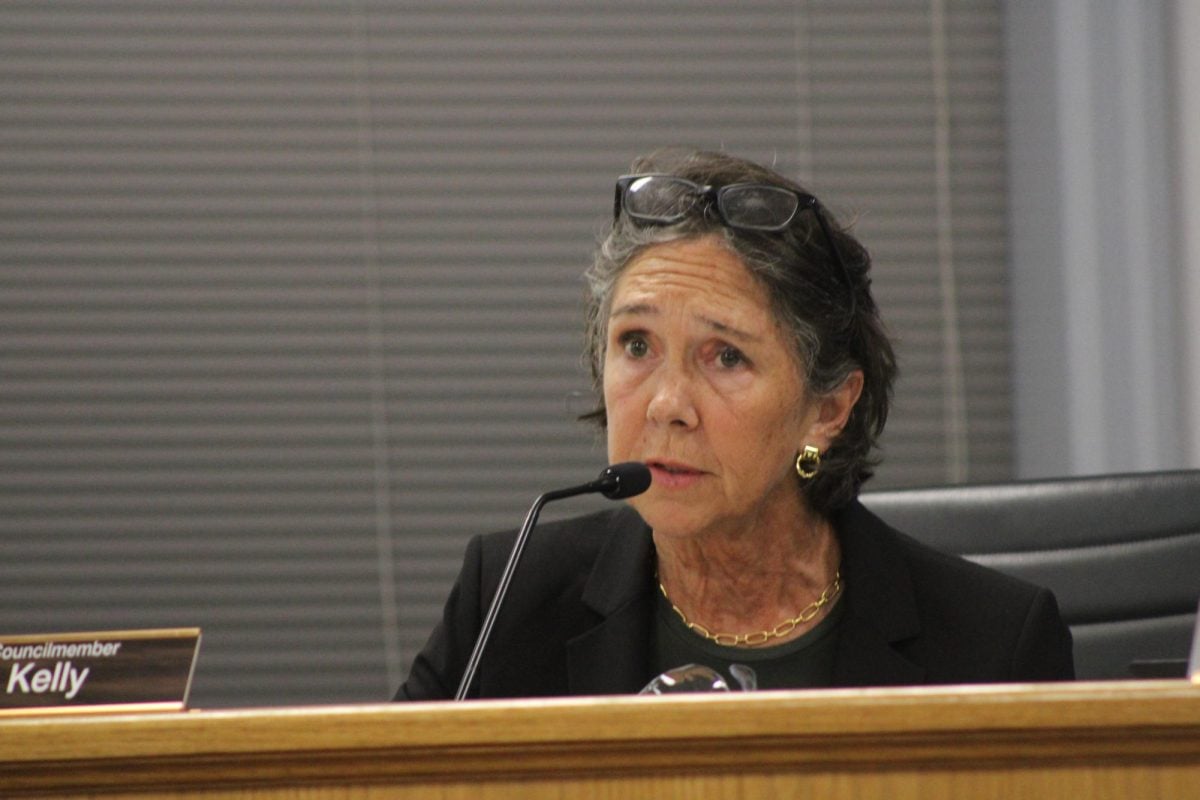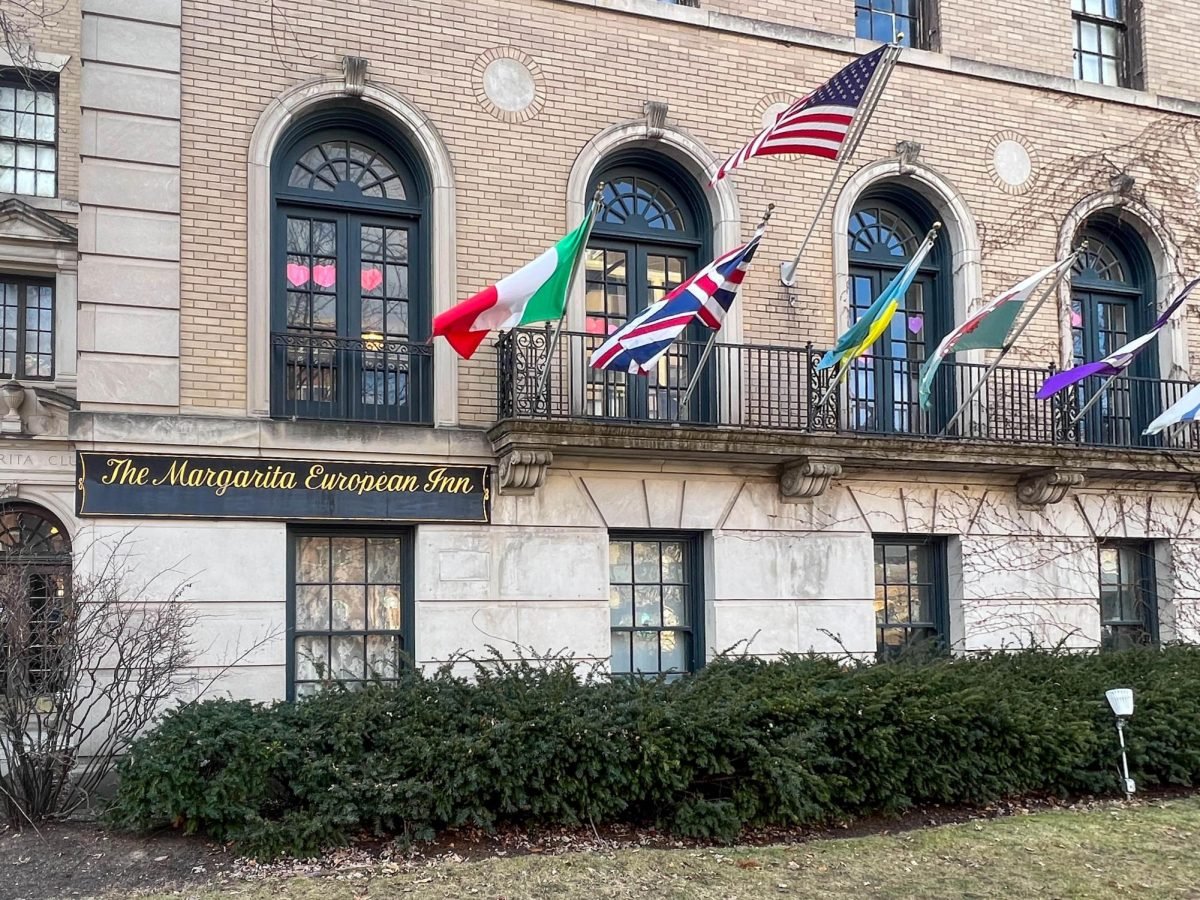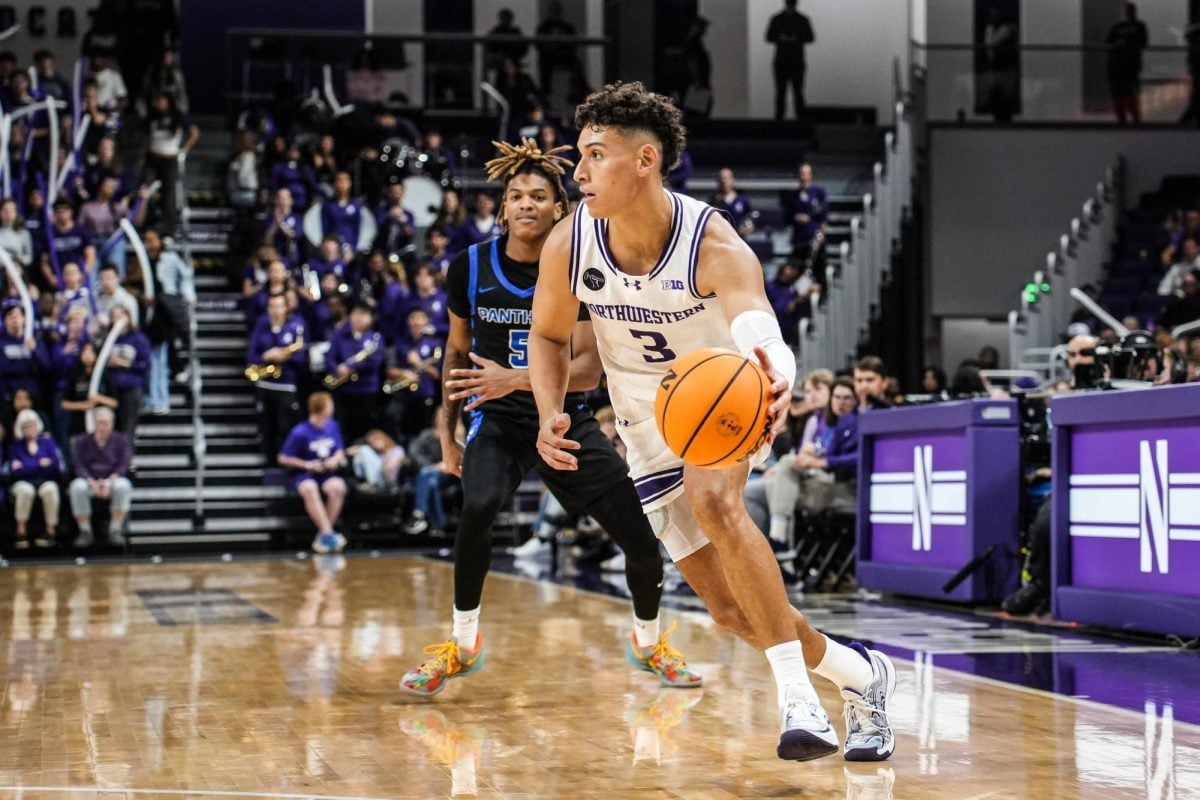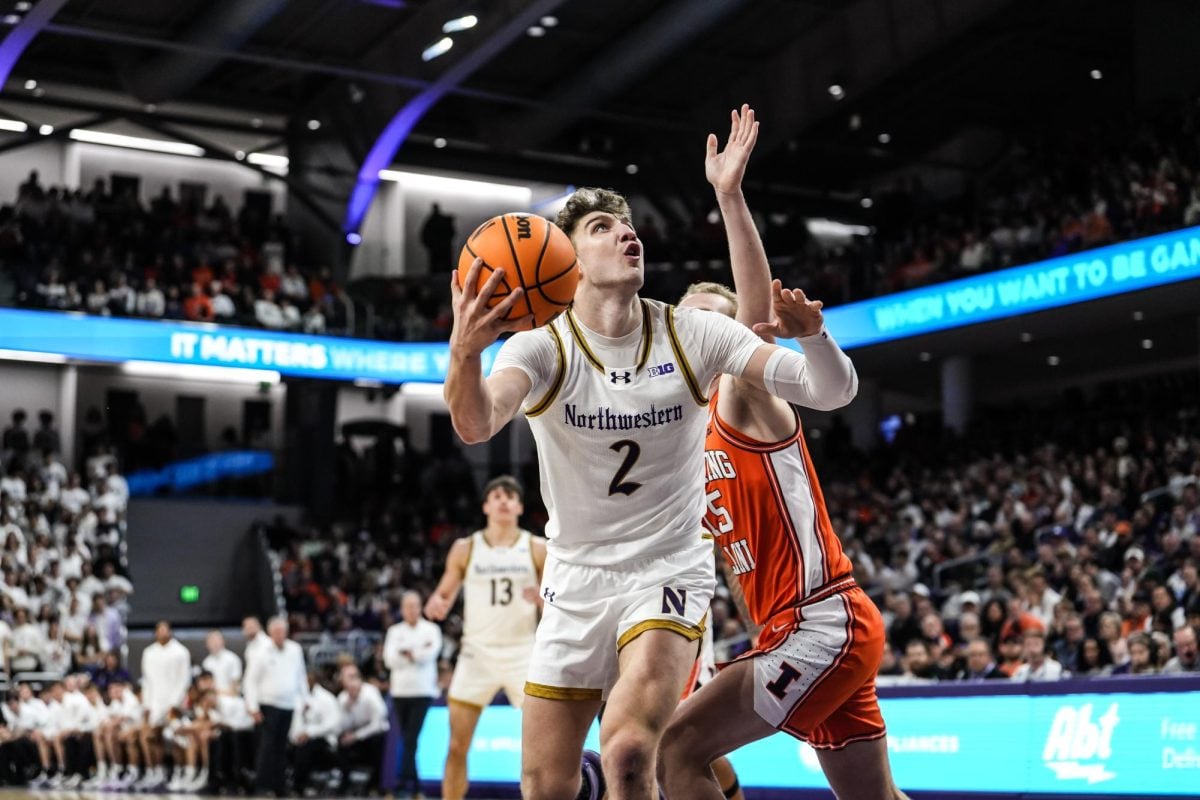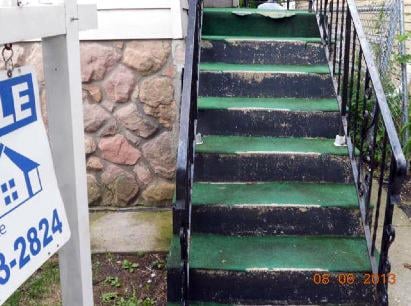
Fair housing activists have added Evanston and six other Chicago suburbs to a list of cities in which they claim U.S. Bank does not maintain foreclosed homes in black and Latino neighborhoods as well as it does in white neighborhoods.
Last week, the National Fair Housing Alliance announced the amendment to its federal complaint against the bank, which was first filed in April, 2012. The group says it invesitgated 27 properties in cities that the bank has neglected due to racial prejudice.
A U.S. Bank spokesman did not respond to a request for comment last week.
The complaint alleges poor upkeep of foreclosed homes disrupts these communities’ housing markets by discouraging prospective buyers and lowering the value of surrounding properties.
Fair housing agencies investigated all foreclosed properties owned by U.S. Bank in the Chicago area in August, according to the alliance. The groups said they found evidence of housing discrimination in Evanston, Aurora, Dolton, Hazel Crest, Matteson, Waukegan and Country Club Hills.
Open Communities, a fair housing organization in the north suburbs of Chicago, claims it found seven poorly maintained foreclosed homes in Latino, black and other non-white neighborhoods of Evanston and Waukegan.
“There’s plants growing in the gutters, gutters are falling down, doors aren’t secured, (and) there’s no ‘for sale’ signs outside saying that these homes are available for purchase,” said Viki Rivkin, Open Communities director of fair housing. “They’re not homes that people would want to buy, and it continues to drive down the market.”
These properties were compared to a foreclosed home in a white neighborhood in Skokie, where U.S. Bank took “much better care” of the property, said Shanna Smith, president of the alliance.
“You look at the neighboring properties and you see how neat and clean the neighbors are,” Smith said. “You see that they take pride in maintaining their homes, but they live next door to this literal dump that U.S. Bank refuses to take care of.”
Conversation between the fair housing agencies and the bank has so far “not been productive,” Smith said. She added that U.S. Bank lawyers have claimed that the bank is merely the trustee of these properties and therefore does not have the responsibility of taking care of them, but the NFHA points to the Fair Housing Act of 1968 as proof of the banks’ liability.
The alliance began investigating foreclosed properties in 2009, prompted by banks’ historic use of redlining against Latino and black neighborhoods. In 2010, the alliance investigated eight banks, including U.S. Bank, Wells Fargo and Bank of America.
Smith said the alliance began filing federal complaints against specific banks after they ignored an April 2011 report by her group that accused their industry of discriminatory foreclosure maintenance. Last year it filed complaints against U.S. Bank, Wells Fargo and Bank of America. Only Wells Fargo has begun to work with the fair housing agencies to resolve the issues, Smith said.
Smith said Evanston will likely be included as evidence in federal complaints against the other banks once they are filed.
Email: [email protected]
Twitter: @kellyagonsalves








